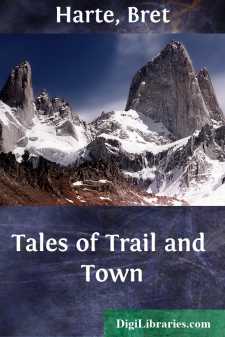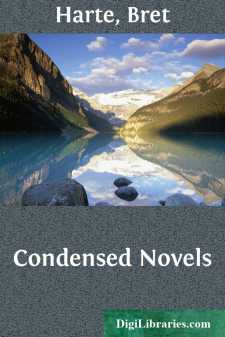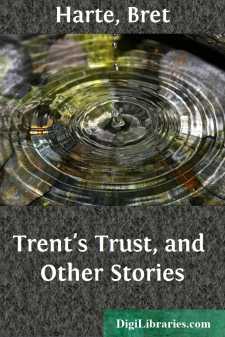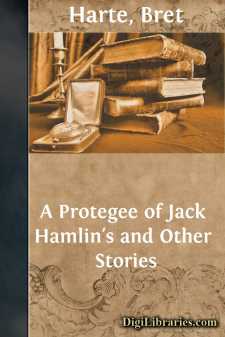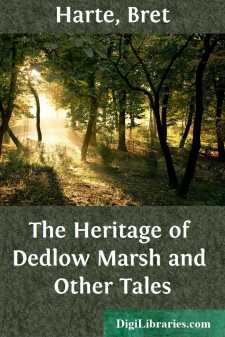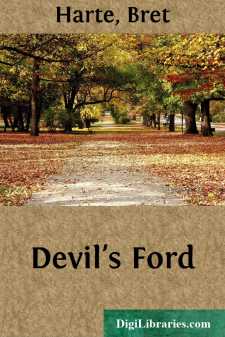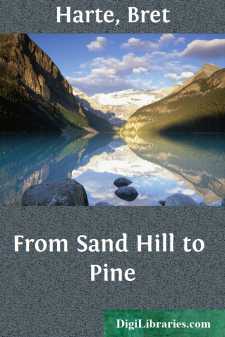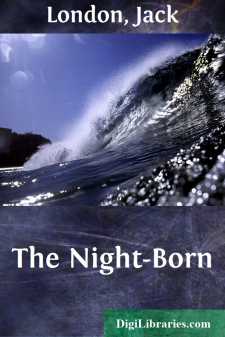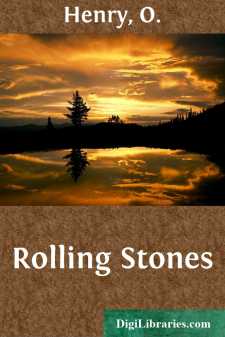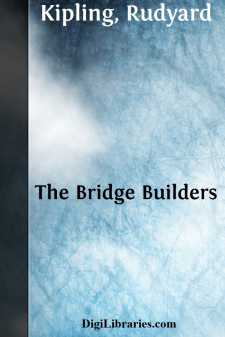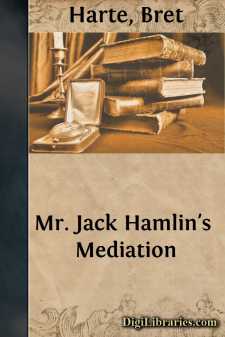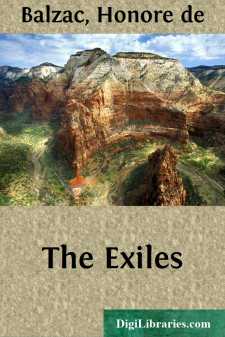Categories
- Antiques & Collectibles 13
- Architecture 36
- Art 48
- Bibles 22
- Biography & Autobiography 813
- Body, Mind & Spirit 142
- Business & Economics 28
- Children's Books 17
- Children's Fiction 14
- Computers 4
- Cooking 94
- Crafts & Hobbies 4
- Drama 346
- Education 46
- Family & Relationships 57
- Fiction 11829
- Games 19
- Gardening 17
- Health & Fitness 34
- History 1377
- House & Home 1
- Humor 147
- Juvenile Fiction 1873
- Juvenile Nonfiction 202
- Language Arts & Disciplines 88
- Law 16
- Literary Collections 686
- Literary Criticism 179
- Mathematics 13
- Medical 41
- Music 40
- Nature 179
- Non-Classifiable 1768
- Performing Arts 7
- Periodicals 1453
- Philosophy 64
- Photography 2
- Poetry 896
- Political Science 203
- Psychology 42
- Reference 154
- Religion 513
- Science 126
- Self-Help 84
- Social Science 81
- Sports & Recreation 34
- Study Aids 3
- Technology & Engineering 59
- Transportation 23
- Travel 463
- True Crime 29
Tales of Trail and Town
by: Bret Harte
Categories:
Description:
Excerpt
CHAPTER I
It must be admitted that the civilizing processes of Rough and Ready were not marked by any of the ameliorating conditions of other improved camps. After the discovery of the famous "Eureka" lead, there was the usual influx of gamblers and saloon-keepers; but that was accepted as a matter of course. But it was thought hard that, after a church was built and a new school erected, it should suddenly be found necessary to have doors that locked, instead of standing shamelessly open to the criticism and temptation of wayfarers, or that portable property could no longer be left out at night in the old fond reliance on universal brotherhood. The habit of borrowing was stopped with the introduction of more money into the camp, and the establishment of rates of interest; the poorer people either took what they wanted, or as indiscreetly bought on credit. There were better clothes to be seen in its one long straggling street, but those who wore them generally lacked the grim virtue of the old pioneers, and the fairer faces that were to be seen were generally rouged. There was a year or two of this kind of mutation, in which the youthful barbarism of Rough and Ready might have been said to struggle with adult civilized wickedness, and then the name itself disappeared. By an Act of the Legislature the growing town was called "Atherly," after the owner of the Eureka mine,—Peter Atherly,—who had given largess to the town in its "Waterworks" and a "Gin Mill," as the new Atherly Hotel and its gilded bar-rooms were now called. Even at the last moment, however, the new title of "Atherly" hung in the balance. The romantic daughter of the pastor had said that Mr. Atherly should be called "Atherly of Atherly," an aristocratic title so strongly suggestive of an innovation upon democratic principles that it was not until it was discreetly suggested that everybody was still free to call him "Atherly, late of Rough and Ready," that opposition ceased.
Possibly this incident may have first awakened him to the value of his name, and some anxiety as to its origin. Roughly speaking, Atherly's father was only a bucolic emigrant from "Mizzouri," and his mother had done the washing for the camp on her first arrival. The Atherlys had suffered on their overland journey from drought and famine, with the addition of being captured by Indians, who had held them captive for ten months. Indeed, Mr. Atherly, senior, never recovered from the effects of his captivity, and died shortly after Mrs. Atherly had given birth to twins, Peter and Jenny Atherly. This was scant knowledge for Peter in the glorification of his name through his immediate progenitors; but "Atherly of Atherly" still sounded pleasantly, and, as the young lady had said, smacked of old feudal days and honors. It was believed beyond doubt, even in their simple family records,—the flyleaf of a Bible,—that Peter Atherly's great-grandfather was an Englishman who brought over to his Majesty's Virginian possessions his only son, then a boy....


